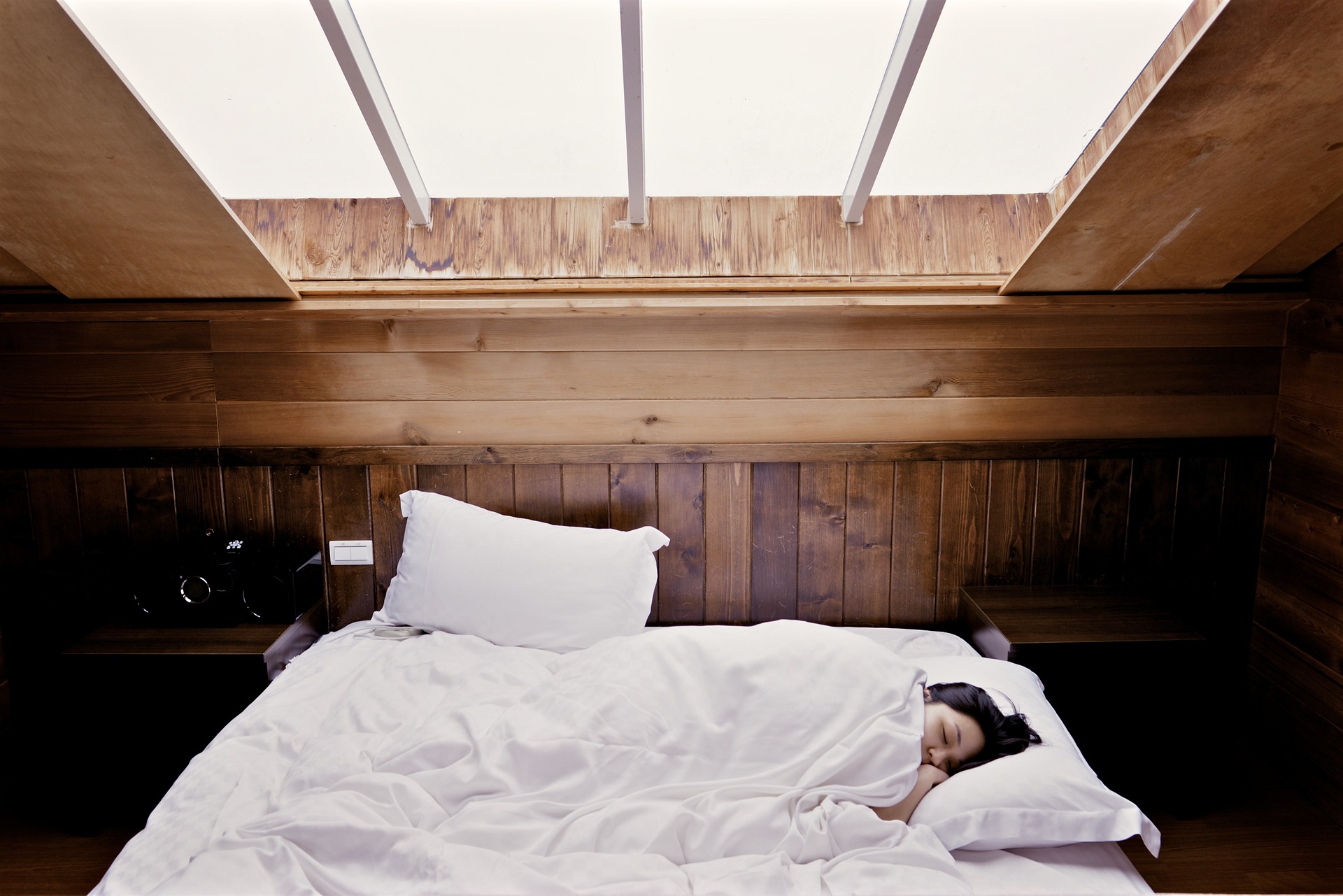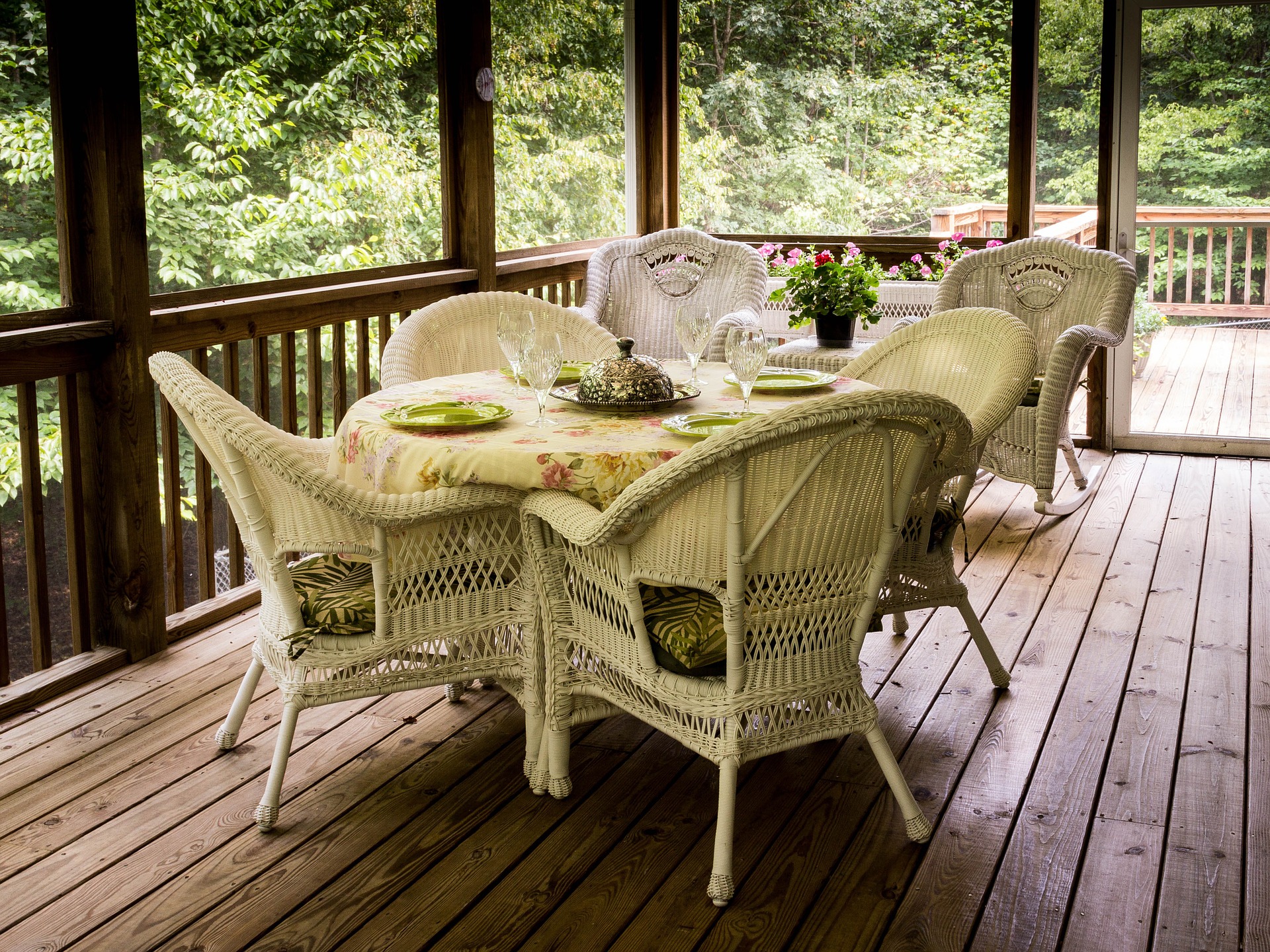
Health Content // How Can You Stay Happy or Healthy with a Natural Sleep*
The number of people that take sleep for granted is absolutely staggering. Chances are if you ask any working adult, they will say its priority is lower than putting in extra hours in the office.
This, of course, is a very bad course of action to take, as sleep deprivation has serious, long lasting consequences, especially when compounded chronically.
Getting to sleep, however, is only half the battle. The other half? Ensuring that you set the stage for restful deep sleep. If you are young, deep sleep is less of an issue than as you age, making it necessary to take advantage of these valuable tips.
Give these a shot:

Limit Caffeine Intake
Many of us need a strong cup of coffee to get going in the morning, being essential to helping us get things done. While this is fine for the most part, caffeine leads to tolerance over time, which then mandates that you consume more and more for that “buzz”.
This becomes a problem as the day winds down, as caffeine spends and average 4 hours in your system before its effects dwindle. For safety, you should cease consumption of caffeine containing beverages (including tea, cocoa and soda) by mid-afternoon, or you will be in for a long night of tossing and turning.
Check Your Mattress- Do You Need To Change It?
A mattress is not a lifetime investment. Yes, there are great mattresses out there that can last several years, but they all inevitably need replacing at one time or another.
A well-used and worn mattress will not offer support as well as it once did, or worse, can be a habitat for bed bugs or other insects.
Besides the sunken craters that will leave you uncomfortable and with various aches and pains when you wake up, the little critters could pose a real health hazard as well.
Investing in a well-known good brand of mattress can really go a long way to helping you achieve deep and refreshing sleep.
Avoid Large Meals Late At Night
Though breakfast is supposed to be your largest meal for the day, it is likely that most people make dinner their biggest. However, eating large servings of food at night can spell bad news for your sleep for a couple of reasons.
For one, large meals take longer to digest, and coupled with the slowdown of your metabolic rate at night, it takes longer to clear the stomach of its contents.
This delayed emptying also means higher stomach levels of gastric acid, and a higher chance of you waking up mid-sleep with severe acid reflux.
If you get hungry easily, have your last heavy meal at about 5 PM, and a lighter meal at night.
Maintain A Regular Sleep Pattern
The human body shares a love hate relationship with patterns; on one hand it loves them, at least when it comes to sleep. This pattern includes going to sleep at the same time daily and waking at around the same hour as well.
You will find that following a schedule allows you to get to sleep very easily, and usually stay asleep as well.
Take A Warm Bath Before Sleep
A warm bath or shower taken before bed is a useful tool in busting stress, making it easier for you to go and stay asleep. Don’t have time for a bath? Soaking your feet in warm water for a few minutes also exerts the same effect on delivering restful sleep.
Exercise During The Day
Exercise is a great and necessary tool for your overall health, but should not be performed just before bed. Exercise helps to tire you out so that you spend less time falling to sleep, and the endorphins and hormones released following a good workout help you to achieve deep restful sleep.
Avoid Napping Unless You Absolutely Need To
Let’s start off by saying that napping is not bad, as it can be an extremely useful tool to take advantage of when you are unable to sleep many hours at night.
However, people that nap frequently during the daytime may find it acting as a hindrance to nighttime sleep, as you are likely to be less fatigued, finding it harder to get to sleep at night.
In addition, you are unlikely to sleep through the night, interrupting your sleep cycle as the net result.
Spend Time Outdoors
Sunlight exposure is very important to your overall health, and maintenance of your body’s natural circadian rhythm. Your circadian rhythm also helps give you that morning get up and go, thanks to regulation of cortisol secretion as well.
As a result, your body can improve sleep efficiency by entering deep restorative sleep faster, decreasing your need for very long sleep sessions.
Sleep In The Dark
Over the past 100 years of so, the access to electricity and widespread usage of artificial lights have coincided with diminished quality of sleep.
This is more than a mere coincidence, as artificial light exposure has an inhibitory effect on the secretion of melatonin, an essential hormone in sleep signaling and initiation.
While you can easily “force” yourself into your bed, melatonin will not be secreted at its peak, causing less than restorative sleep. For best effect, sleep in a dark room; keep the lights off, or use only a dim night light.
Sleep In A Cool, Quiet Room
While light is a disruptor of restful sleep, noise and the temperature also plan a role in determine your quality of sleep.
If the weather is hot, try to maintain an ambient cool temperature with the help of an air conditioner, or at a minimum an air circulator (fan).
The same goes for sound. If you cannot control the sounds outside the room, use white noise. This mimics restful and soothing sounds, such as rain, waves or breeze gently blowing, and should be enough to help you stay asleep.
Conclusion
There are other things you can do, of course, to help attain restful sleep. However, the 10 referenced above are the most likely to help improve your sleep today.




